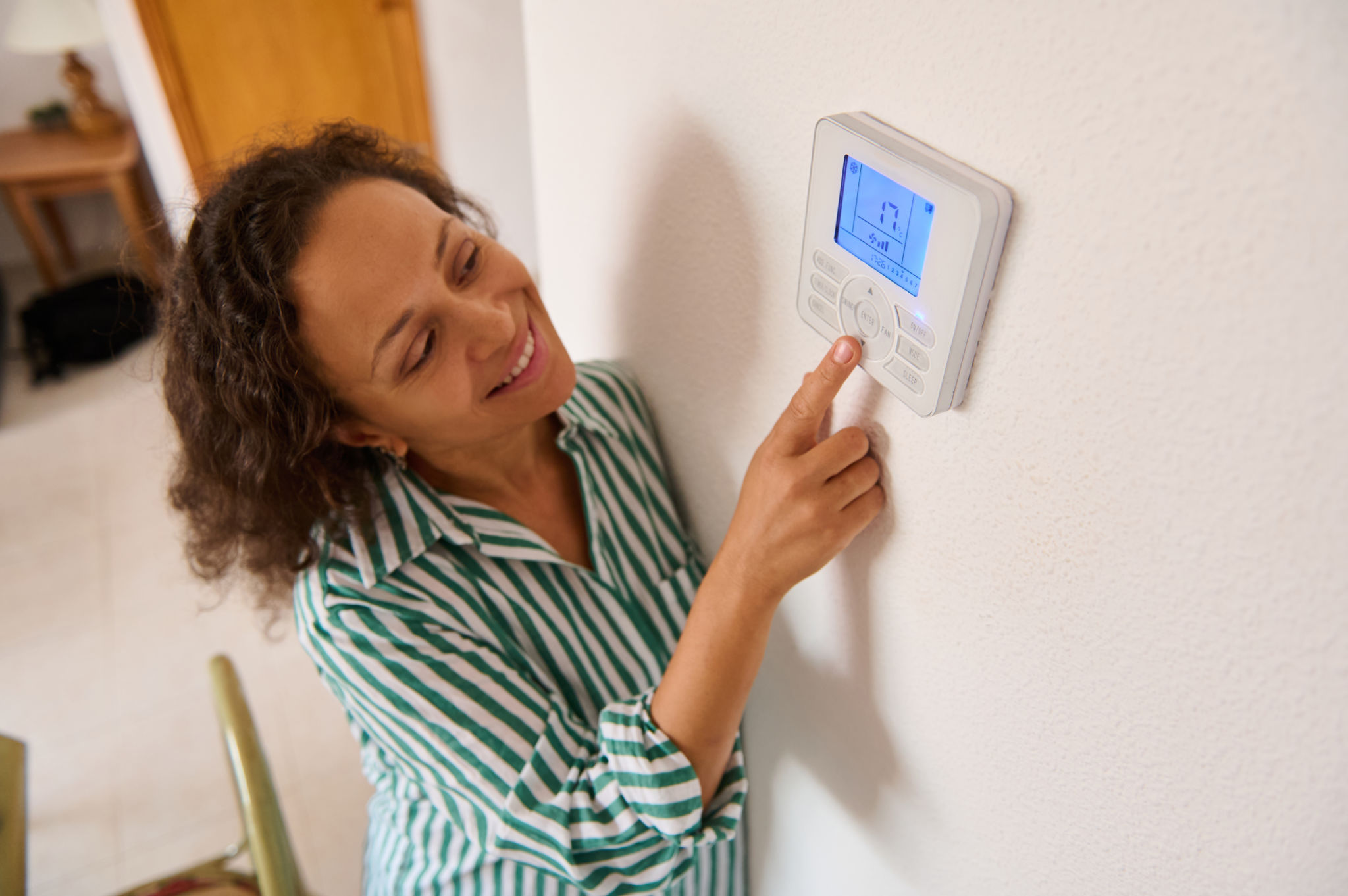Expert Advice: Preparing Your HVAC System for Florida's Changing Seasons
Understanding Florida’s Unique Climate Challenges
Florida is known for its warm, humid climate, but the state also experiences seasonal fluctuations that can impact your HVAC system's performance. From the sweltering heat of summer to the cooler, albeit mild, winter months, it's crucial to ensure your HVAC system is ready to handle these changes efficiently. Regular maintenance and a few preventive measures can help maintain optimal indoor comfort throughout the year.

Regular Maintenance Is Key
The foundation of any well-functioning HVAC system is consistent maintenance. It's recommended to schedule a professional service at least twice a year, ideally before the start of the summer and winter seasons. This ensures that any potential issues are addressed before they become major problems. During these check-ups, a technician will inspect components like filters, coils, and ductwork to ensure they're clean and functioning correctly.
Clean filters are vital for efficient airflow and air quality. Dirty filters can cause your system to work harder than necessary, leading to increased energy consumption and higher utility bills. Replace or clean your filters every one to three months, depending on usage and the type of filter you have.
Adjust Thermostat Settings
With the changing seasons, it's important to adjust your thermostat settings to match the outdoor climate. During the cooler months, set your thermostat to a comfortable yet energy-efficient temperature, typically around 68 to 72 degrees Fahrenheit. In the hotter months, aim for a setting between 75 and 78 degrees Fahrenheit to balance comfort and cost.

If you don't already have a programmable or smart thermostat, consider investing in one. These devices allow you to pre-set temperature changes throughout the day, optimizing your HVAC system's efficiency and potentially reducing energy costs.
Inspect and Seal Ductwork
Ductwork is responsible for distributing conditioned air throughout your home. Leaks or gaps can result in significant energy loss and reduced efficiency. Periodically inspect your ductwork for any visible signs of damage or leaks. Seal any gaps with duct tape or consult a professional for more extensive repairs.

Additionally, ensure that all vents and registers are unblocked and open to facilitate proper airflow. Obstructed vents can strain your HVAC system and prevent it from maintaining consistent temperatures throughout your home.
Consider an Energy Audit
For homeowners interested in maximizing energy efficiency, an energy audit can be an invaluable tool. An audit evaluates your home's energy usage and identifies areas where improvements can be made. These audits often reveal simple yet effective changes that can enhance your HVAC system's performance, such as adding insulation or upgrading windows.
By preparing your HVAC system for Florida's changing seasons through regular maintenance and strategic improvements, you can ensure year-round comfort while keeping energy costs in check. Proactive measures not only extend the lifespan of your system but also contribute to a more sustainable household.
